New Faculty Faces
Seven new faculty members further expand the department’s expertise.
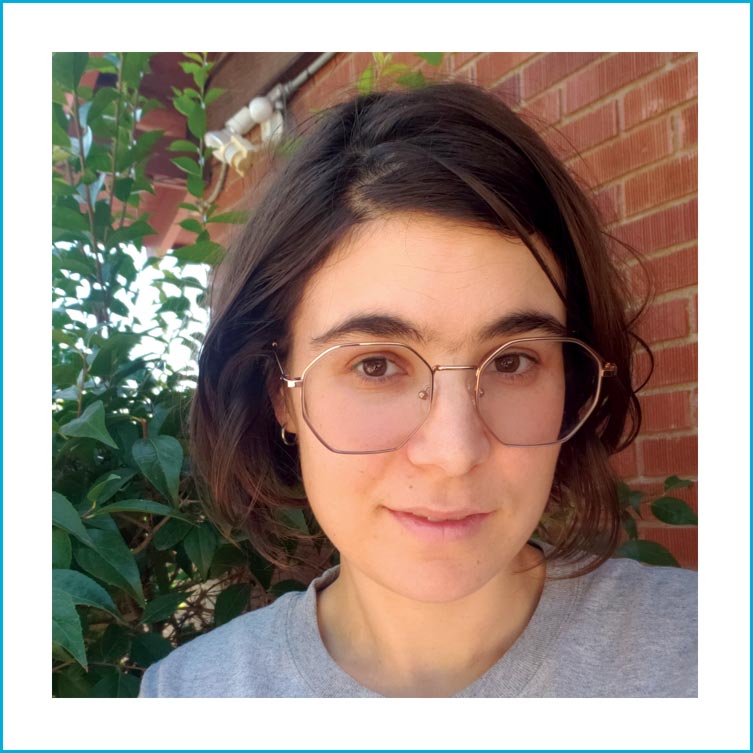
Sara Aronowitz
Assistant Professor
Sara Aronowitz studies learning and memory in humans, machines, and idealized thinkers.
Please tell us briefly about your research.
My research looks at the way learning unfolds over time in humans, animals, and abstract models of agents. I’m interested in cases where we modify what we need to do to succeed over our lifespan, through changing beliefs, capacities, and values, and across environments.
Is there something about yourself or your work that might surprise us? Maybe something you enjoy doing when not thinking philosophy?
I am working on a project with an artist, Shirin Fahimi—we’re both thinking about how old stories can be brought to life.
Please tell us about something you recently read, listened to, or watched/saw that had an impact and why.
I like having a reading life more or less separate from work. But you can ask me in person!
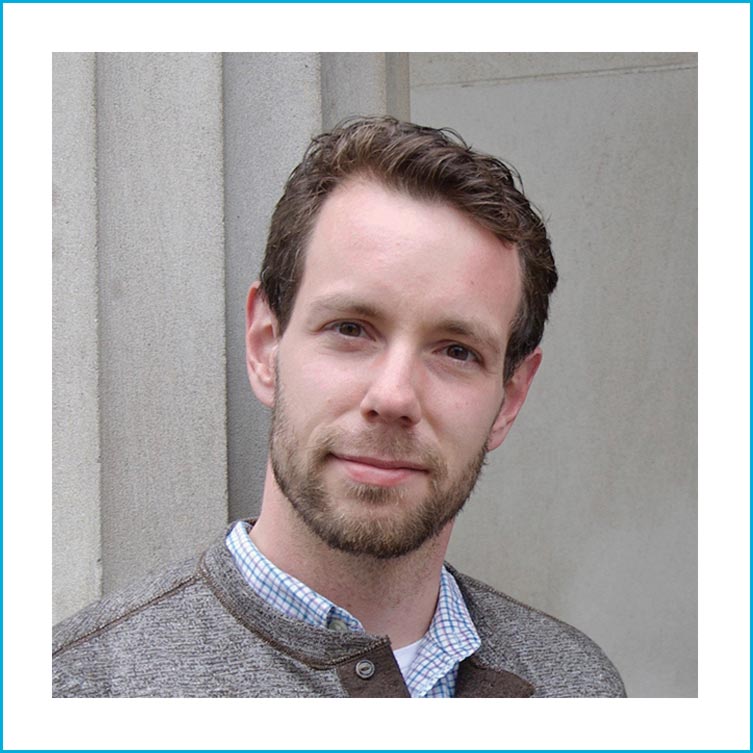
Steven Coyne
Assistant Professor (CLTA)
Steven Coyne is cross-appointed in the Departments of Philosophy and Computer Science. He teaches courses in moral and political philosophy, as well as philosophy of law. He also prepares and delivers ethics modules in computer science classes for the Embedded Ethics Education Initative.
Please tell us briefly about your research.
I work in moral and political philosophy, with a particular eye on issues connecting to reasons and rationality. My main projects concern how agents can affect the reasons of other agents, particularly through their speech acts. Do my requests to others create new reasons for them? Can the state give new reasons to its subjects by commanding them? To properly obey the law, do I need to exclude some of my other reasons for action altogether?
I am also hoping to get more involved in pedagogical research, particularly concerning our embedded ethics program. I think it’s important to measure the effect of ethics modules, and to rigorously figure out the most effective means of communicating ethics to students from outside of our discipline.
Is there something about yourself or your work that might surprise us? Maybe something you enjoy doing when not thinking philosophy?
For some point later this summer, I am plotting my second “tri-campus” run—a (very slow) run from UTM to St. George to UTSC.
Get in touch if you want to join in part or in whole!
Please tell us about something you recently read, listened to, or watched/saw that had an impact and why.
I am finishing Hilary Mantel’s Wolf Hall, about Thomas Cromwell and the English court in the 1500s. It’s a marvelous piece of world-building, and the dialogue that Mantel gives to her characters is unforgettable—of its time and place but modern all at once. Pick any page at random, and you’ll find a remark that will make you laugh out loud or wise enough that you will want to keep it on retainer. Outside of my research I never reread anything, but this is going to be an exception.
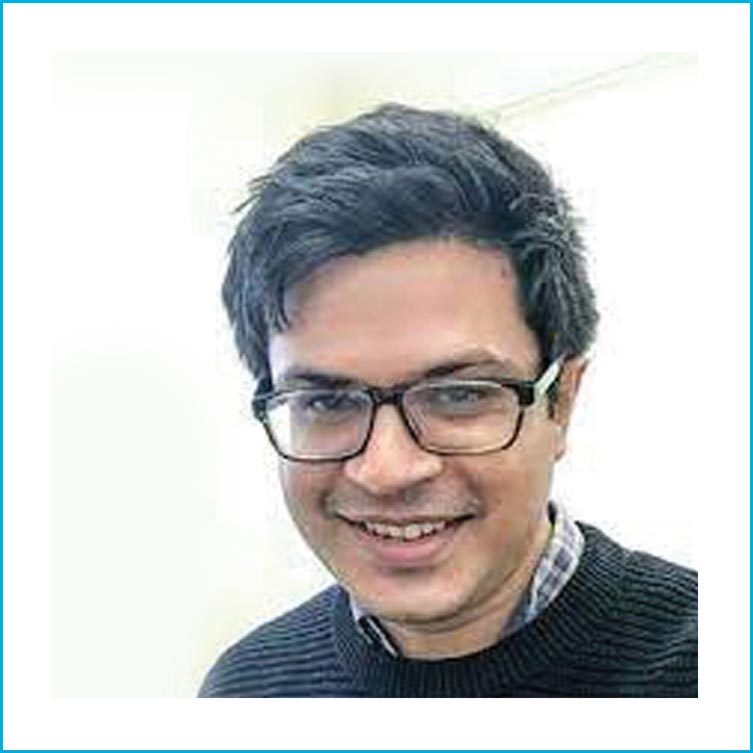
Nilanjan Das
Associate Professor
Nilanjan Das works on epistemology and Sanskrit philosophy. In epistemology, he thinks about connections between self- knowledge and rationality. In Sanskrit philosophy, he focuses on debates between Buddhist and Brahminical thinkers about the nature of the self, knowledge, and self-knowledge. He also serves as one of the organizers of the London Group for Formal Philosophy and as an associate editor of MIND.
Please tell us briefly about your research.
I work on epistemology and Sanskrit philosophy. In epistemology, my recent research has focused on questions about the nature of evidence and the norms of evidence management, i.e., norms about when and how we should gather and make use of available evidence. In Sanskrit philosophy, I have been exploring debates between Buddhist and Brahmanical thinkers about the self and knowledge. I am currently finishing a book on the 12th-century Sanskrit philosopher and poet Śrīharṣ a.
Is there something about yourself or your work that might surprise us? Maybe something you enjoy doing when not thinking philosophy?
Not sure if this is surprising: I quite like listening to Hindustani classical music, a genre of music that began its life in northern India around the 12th/13th century CE with figures like Amir Khusrau. I also find there is a close affinity between this kind of music and the kind of philosophy that I enjoy engaging with: in each case, we find certain perennial, abstract themes—melodic structures and philosophical problems—that have been around for ages but are being explored in surprising ways by the practitioners of the craft.
Please tell us about something you recently read, listened to, or watched/saw that had an impact and why.
I have been reading Natalia Ginzburg’s works (in translation, of course) for the last couple of months. They are amazing. She almost makes writing fiction seem too easy: the prose is simple and concise; no fireworks, yet incredibly moving. I recommend Family Lexicon, The Dry Heart, and Voices in the Evening.
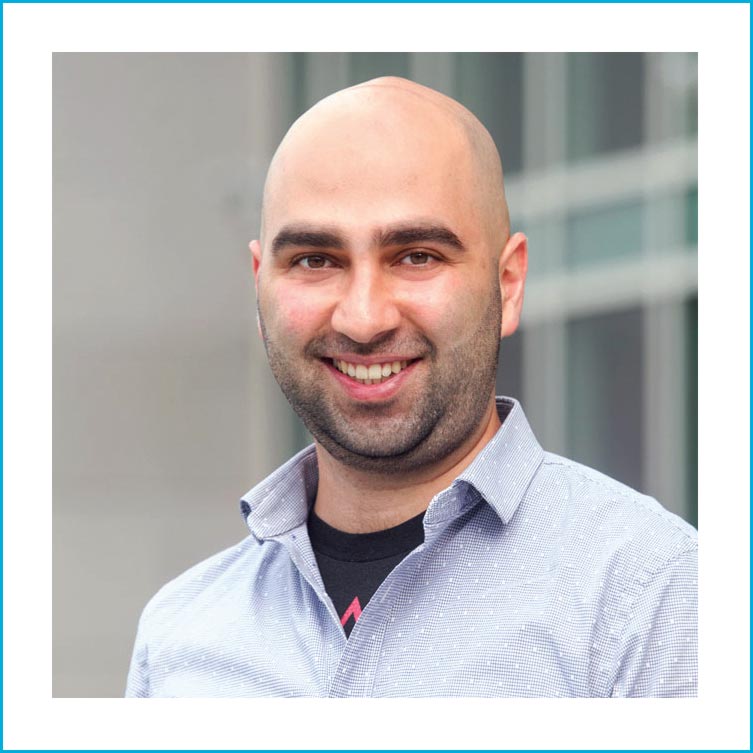
Reza Hadisi
Assistant Professor (CLTA)
Reza Hadisi teaches in the Department of Philosophy and at the Centre for Medieval Studies. He is also a member of the Collaborative Specialization in Ancient and Medieval Philosophy (CSAMP). He works on questions in ethics, epistemology, and action theory through the study of the history of philosophy. He’s particularly interested in the post-classical tradition in Arabic-Persian philosophy, and in Kant.
Please tell us briefly about your research.
I work on questions in ethics, epistemology, and action theory through the study of the history of philosophy. I’m particularly interested in the Medieval Arabic and Persian traditions and Kant. I have worked extensively on Kant’s conception of epistemic norms and normativity. Currently, I’m working on a large project about theories of imagination as the source of moral knowledge and virtue by drawing from the writings of al-Ghazālī, Suhrawardī, Ibn ‘Arabī, and Tūsī.
Is there something about yourself or your work that might surprise us? Maybe something you enjoy doing when not thinking philosophy?
I used to be a computer programmer and a database administrator. At one point, I was hoping to turn things around and get into the humanities by working on computational models in the social sciences. That didn’t work out. Back then, I used to be a bassist in a Pink Floyd cover band. My hair was particularly impressive. It still is, just not so visibly.
Please tell us about something you recently read, listened to, or watched/saw that had an impact and why.
In The Fortress, by Meša Selimović, there is a character who keeps giving the same advice to different practical problems. He says: “Go fishing, Ahmet Shabo! Go fishing!”
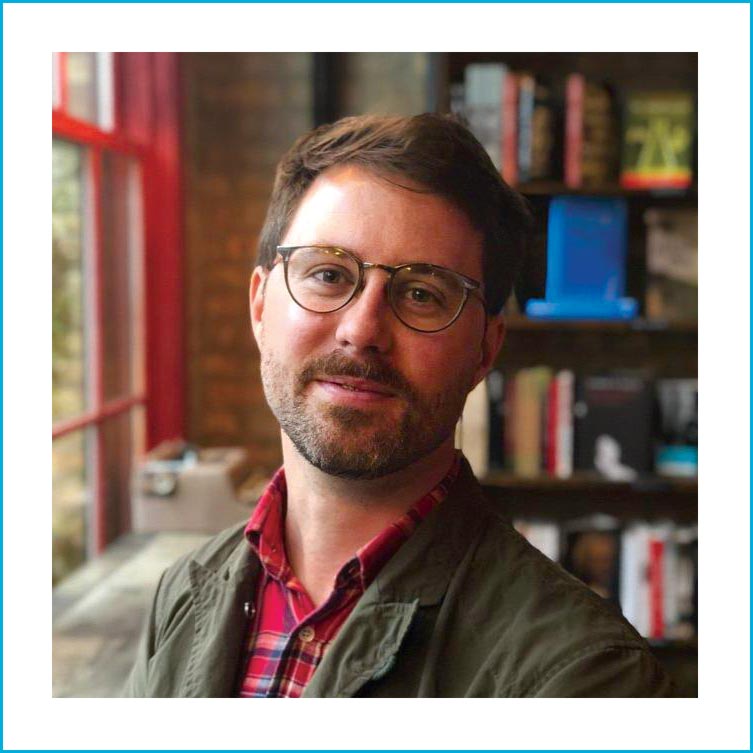
Nathan Robert Howard
Assistant Professor
Nathan Howard specializes in moral philosophy, particularly concerning questions at the intersection of ethical theory and practical reasoning about the nature of moral motivation and the role of virtue in ethical life.
Please tell us briefly about your research.
I’m invested in explaining how morality can have authority over how we live our lives. It’s tempting to explain that authority by taking a legalistic perspective on morality, where it is essentially a big list of laws. But I think that distorts morality. This interest guides my research in all areas of moral philosophy, from metaethics to normative ethics to bioethics. I’ve recently been thinking about how to reconcile consequentialism with the idea that we have special duties of care to those we love, and I’ve finished co-authoring a book with Mark Schroeder of the University of Southern California on the topic of normative reasons to do, think, and feel things.
Is there something about yourself or your work that might surprise us? Maybe something you enjoy doing when not thinking philosophy?
I pursued graduate studies relatively late, after working for several years in the Canadian music industry. So I was in the bizarre position of pursuing a career in academic philosophy because it provided more stable career prospects. I still play and record guitar, though my audience has shrunk down to a single person: my one-year-old daughter. I also spent several years in the Ivory Coast as a child.
Please tell us about something you recently read, listened to, or watched/saw that had an impact and why.
I’m busy putting down roots in Toronto—so I’ve been reading Mark Cullen’s The New Canadian Garden. My future seedlings should be terrified. My track record with indoor plants inspires no confidence. But I’ve got time to learn.

Eric Mathison
Assistant Professor (CLTA)
Eric Mathison pursues research and teaching interests in applied ethics, especially bioethics, and normative ethics. Prior to coming to UTSC, he was a clinical ethicist for Alberta Health Services, which involved working with health-care providers to address ethical questions that arose in patient care. He also did policy work related to the pandemic, including on the ethics of mandatory vaccination policies, distributing scarce resources fairly, and incentivizing people to get vaccinated. Eric’s other research interests include ill-being and the ethics of queues.
Please tell us briefly about your research.
I research the scope and goals of medicine. Debates about many aspects of health care, such as the permissibility of medical assistance in dying or the appropriate use of emerging technologies such as gene editing, in part turn on determining the goals of medicine. I argue that medicine is primarily about promoting patient values, and my current research is about the implications of this view. I also work on conscientious objection, drug access, and clinical ethics practice.
Is there something about yourself or your work that might surprise us? Maybe something you enjoy doing when not thinking philosophy?
I really like to run long distances! In 2021, I set the record for the Rideau Trail, a 327-kilometer trail that goes from Ottawa to Kingston. This year, I’m going to attempt to break the six-day Canadian record, which involves running as far as possible in six days. The current record is 870 kilometers and was set in 1891.
Please tell us about something you recently read, listened to, or watched/saw that had an impact and why.
I recently read Drug Use for Grown-Ups by Carl Hart, a psychology and psychiatry professor at Columbia University. Hart shows how much of what we believe about addiction and drug use is wrong, so society should change its approach to stigmatized drugs. I work in this area—I published a paper last year on the ethics of safe supply for people who use drugs—but Hart’s book dramatically changed how I think about drug access.

Avia Pasternak
Associate Professor
Avia Pasternak’s research focuses on questions of political philosophy and public affairs. She writes on collective responsibility in democracies, on the duties of citizens in unjust democracies, and on the permissibility of violent protest.
Please tell us briefly about your research.
I work in the area of social and political philosophy. Broadly speaking, I am interested in the question of how citizens should respond to their state’s injustices and wrongdoing. Under that general theme I have written on various specific questions. My monograph Responsible Citizens, Irresponsible States: Should Citizens Pay for Their State’s Wrongdoings? (OUP 2021) examines the reparative duties of citizens for what their state does in their name.
I am now completing a second monograph for OUP, titled “No Justice, No Peace: The Ethics of Violent Protests,” where I argue that oppressed citizens may sometimes resort to violent protest against their state.
Is there something about yourself or your work that might surprise us? Maybe something you enjoy doing when not thinking philosophy?
Tough question! Being a mother of two and a full-time philosopher does not leave me with time for much else in my life. When I do get a quiet moment, I enjoy reading a novel, jogging, and cooking.
Please tell us about something you recently read, listened to, or watched/saw that had an impact and why.
There is much to choose from. The most recent novel I loved is A Mexican Gothic by Silvia Moreno-Garcia. It’s a creepy, witty feminist horror tale about the corruptive nature of colonialism. I also thoroughly enjoyed the podcast The Trojan Horse, about racism in the UK. It was harrowing, yet managed to stay uplifting through the gentle dynamics between the two presenters, who come from very different backgrounds and have to do some cultural bridging themselves.
We are also pleased to have several new part-time assistant professors, Teaching Stream joining us this year:
Joshua Brandt (UTM), Eamon Darnell (St. George), Logan Fletcher (UTM),
Rory Harder (UTSC), Cory Lewis (St. George), Jared Riggs (UTM),
David Suarez (St. George), and
Simona Vucu (St. George).